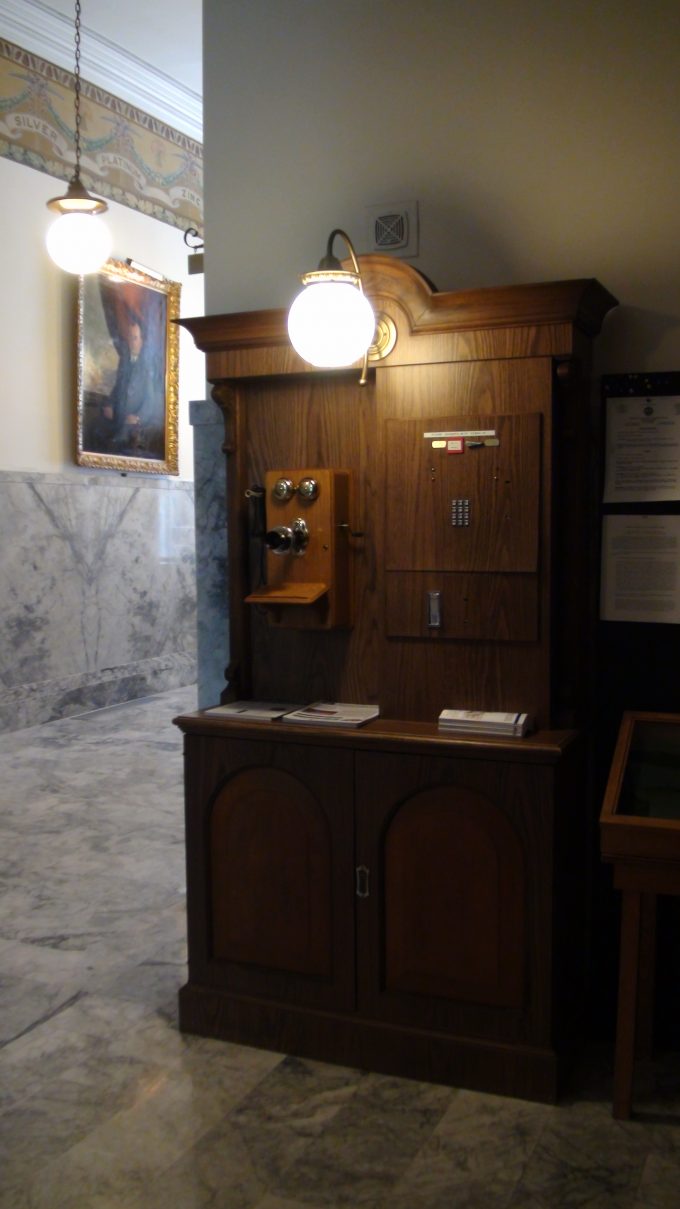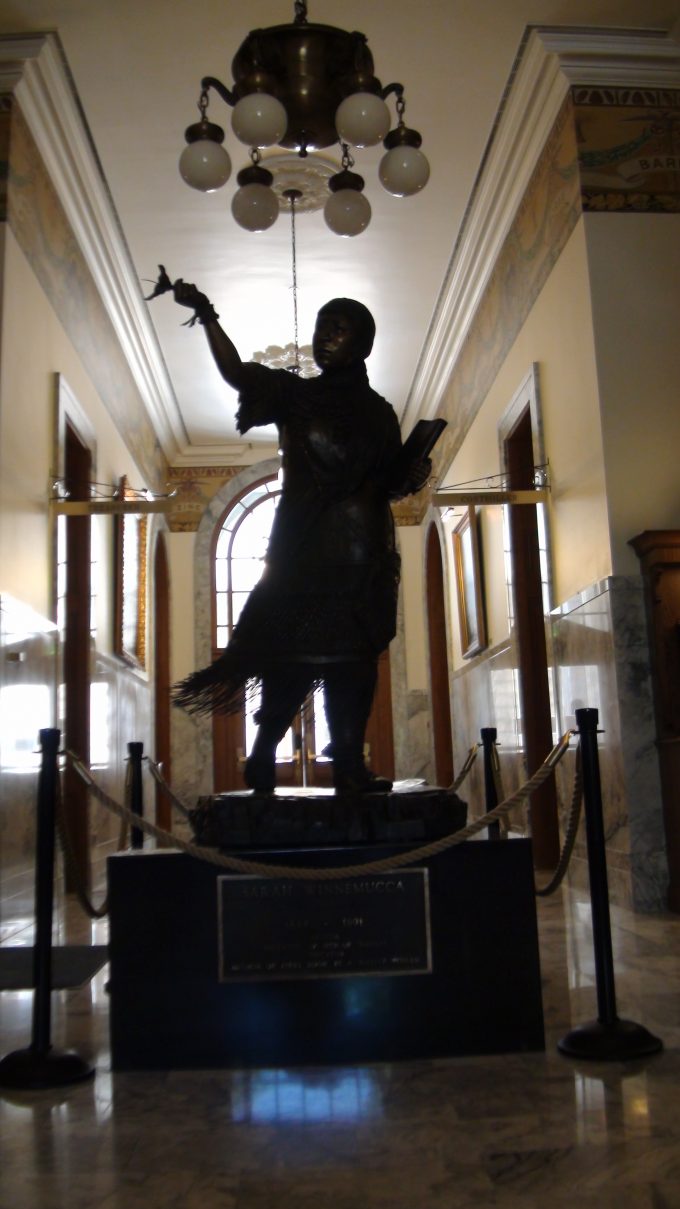
Wednesday, 12 September 2018
“So I swore in My wrath,
‘They shall not enter My rest.’” Hebrews 3:11
This verse completes the references to Psalm 95, it being an exact quote of verse 11 of that psalm. The people of Israel had tested the Lord, tried His patience, gone astray in their hearts, and had not known the Lord’s ways. This continued on throughout the entire duration of their time in the wilderness. Therefore, the Lord’s wrath was aroused to the point where it says, “So I swore in my wrath.” He was pushed to the point where He swore, meaning He made an absolute statement which would not be revoked.
The “wrath” which is referred to by the psalmist, and which is then again referred to here in Hebrews, is originally recorded in Numbers 14:26-35. It is a promise that those of the congregation of Israel, who had been brought out of Egypt and saw His marvelous workings on their behalf, would be consumed in the wilderness. They would not be allowed to enter Canaan as He had said to them when He led them from Egypt. This is what the next, and final, clause of the psalm is referring to with the words “They shall not enter My rest.”
The “rest” spoken of here is receiving the inheritance promised to them. It is entering and possessing the land of Canaan. This is seen, for example, in Deuteronomy 12:9 –
“…for as yet you have not come to the rest and the inheritance which the Lord your God is giving you.”
The reason they would not enter and possess was because of unbelief, as is noted first as a warning to the audience of Hebrews in verse 3:12, and then as explained of the people in the wilderness in verse 3:19. The people lacked faith (belief) in the Lord, and He said that because of this, “They shall not enter My rest.”
This is important to understand. Verse 3:6 is a verse (as noted at that time) which is used to show that we must persevere in our own selves in order to keep our salvation. However, verse 4:3 will negate uch a thought when it explains that, “For we who have believed do enter that rest.” It is not something that must be attained; it is something that has been realized – and that through belief.
The author is clearly showing the difference between those who have not believed and those who have. If those who have believed have entered their rest, then it cannot be that when he speaks of a future entering into God’s rest, that it applies to those who have already attained that state.
The word translated as “rest” here is found only once outside of the book of Hebrews, in Acts 7:49 when speaking of the place of the Lord’s rest. Now, it will be used eight times in chapters 3 and 4 of Hebrews. Though it is speaking of Canaan as the anticipated rest for the people of Israel, that is only being used as a picture of entering God’s true rest, which is the promise of dwelling securely with the Lord for those who are saved. Tied up in this then is the “rest” of God which is noted in Genesis 2:3 –
“Then God blessed the seventh day and sanctified it, because in it He rested from all His work which God had created and made.”
That “rest” of God was then cited as the basis for Israel’s observance of a Sabbath day in Exodus 20:8-11 –
“Remember the Sabbath day, to keep it holy. 9 Six days you shall labor and do all your work, 10 but the seventh day is the Sabbath of the Lord your God. In it you shall do no work: you, nor your son, nor your daughter, nor your male servant, nor your female servant, nor your cattle, nor your stranger who is within your gates. 11 For in six days the Lord made the heavens and the earth, the sea, and all that is in them, and rested the seventh day. Therefore the Lord blessed the Sabbath day and hallowed it.”
The Sabbath, then, was given as a sign to Israel of the rest which God was in, and which would someday be granted to the Lord’s people. Entrance into Canaan was a picture of entering that state of rest – God’s eternal Sabbath. These things need to be understood now because they were only pictures, not the reality themselves. It is by faith in Messiah that one actually enters into God’s rest. First, this happens upon belief in the work of the Messiah. In that act, a person is given the guarantee of having been placed positionally into God’s rest (Hebrews 4:3). It is done in God’s mind. At some future point, that guarantee will then actually be realized when we enter into His presence.
How can it be verified that these two rests – the Sabbath and entering Canaan – are only types of heaven? Because Moses did not enter Canaan (God’s rest). If those in the wilderness were actually not saved, Moses would not be saved. However, Moses is clearly accepted by God as evidenced by his presence with the Lord Jesus on the Mount of Transfiguration as is recorded in the gospels. He was not lost, nor was every person in the wilderness lost eternally. Further, those who did enter Canaan would all be considered “saved.” However, Joshua 7 will show that Achan was destroyed soon after entering Canaan because of his faithlessness. Therefore, these things are recorded as examples of spiritual truths only.
Those who were saved, and those who are not, are up to the Lord. What is important to understand is that Israel was collectively being used as types of what occurs in the individual now in relation to Christ – believe and be saved (enter God’s rest), or be condemned through unbelief.
Life application: The study of Hebrews brings out truths which are often very hard to grasp. It is as if they are right at the edge of our thinking, but it seems as if words are actually insufficient to properly explain what is occurring. Such is not the case, but clinging to the commentary of a single individual will inevitably leave a void in our understanding of what is being relayed. Read the word, think on the things it says, check out various commentaries, and then read the word and think on what is being said again. In the end, the one thing that is sure is that we are saved – eternally – by having faith in Jesus Christ.
Lord God, You gave us types and pictures of what You would do in the coming of Messiah all throughout the Old Testament. Each story, each law, and each precept was given to help us understand Him and His work better. In His coming, we can read those things and see the marvel of what You have done through Him. Thank You, O God, for the wonder of life in Christ. By simple faith in His work, everything from those writings then makes sense. We have a sure hope which is grounded in Him! Amen.




